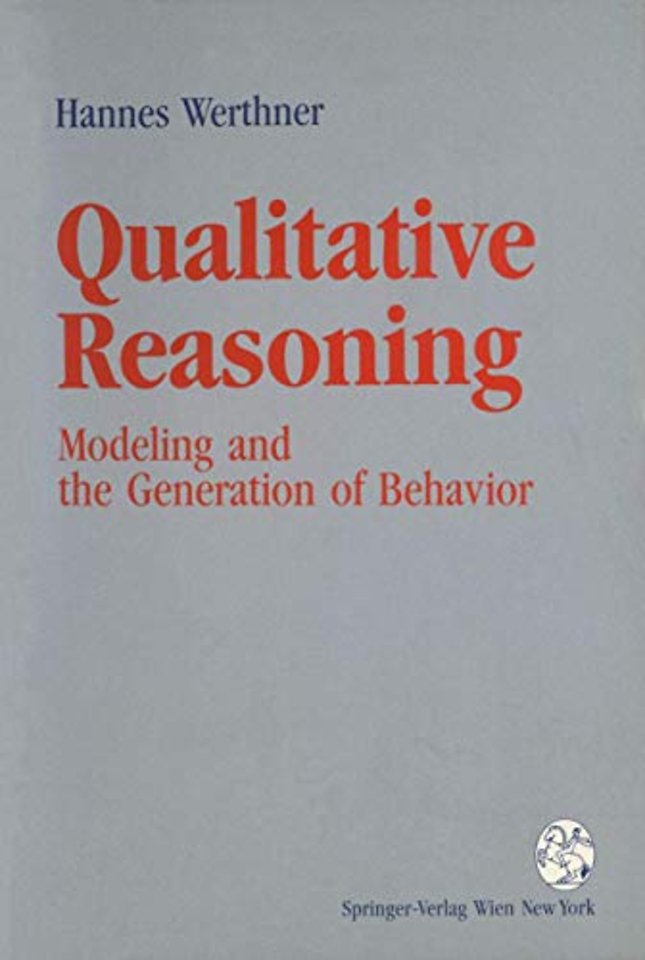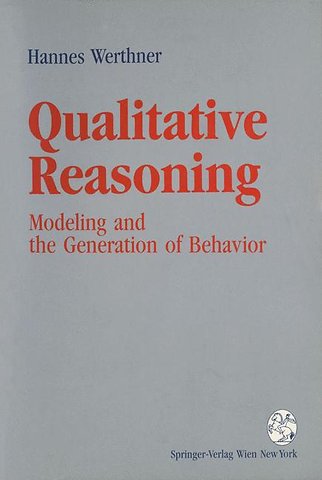Qualitative Reasoning
Modeling and the Generation of Behavior
Samenvatting
The book provides a survey about the field of Qualitative Reasoning, it contrasts and classifies its approaches and puts them into a common framework. Qualitative Reasoning represents an approach of Artificial Intelligence to model dynamic systems, about which little information is available, and to derive statements about the potential behavior of these systems, putting emphasis on a causal explanation of the behavior. Both variables and relationships between variables are described by means of qualitative terms such as small and large or positive and negative. Since this approach also takes into consideration the way how humans reason about physical systems, it can be stated that Qualitative Reasoning participates in the creation of a cognitive theory of non-numerical process descriptions which can be mapped onto a digital computer. This approach can be used for simulation, diagnosis, design, structure identification and interpretation. Areas of application are physics, medicine, the field of ecology, process control, etc. In addition to the classification of existing methods, the book presents a new approach based on fuzzy sets. And the work relates Qualitative Reasoning with such fields of Expert Systems, System Theory and Cognitive Science.
Specificaties
Inhoudsopgave
Net verschenen
Rubrieken
- aanbestedingsrecht
- aansprakelijkheids- en verzekeringsrecht
- accountancy
- algemeen juridisch
- arbeidsrecht
- bank- en effectenrecht
- bestuursrecht
- bouwrecht
- burgerlijk recht en procesrecht
- europees-internationaal recht
- fiscaal recht
- gezondheidsrecht
- insolventierecht
- intellectuele eigendom en ict-recht
- management
- mens en maatschappij
- milieu- en omgevingsrecht
- notarieel recht
- ondernemingsrecht
- pensioenrecht
- personen- en familierecht
- sociale zekerheidsrecht
- staatsrecht
- strafrecht en criminologie
- vastgoed- en huurrecht
- vreemdelingenrecht

